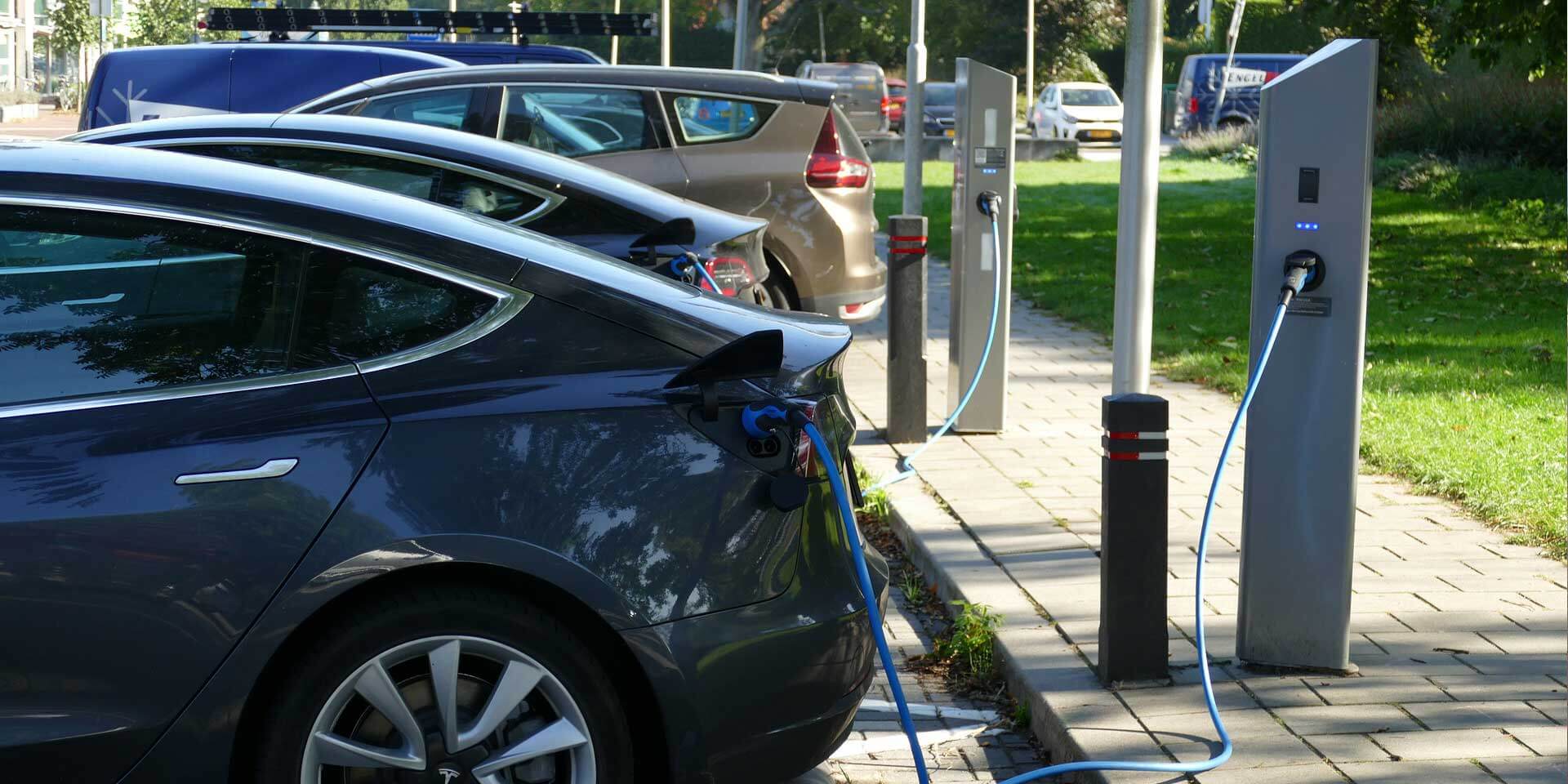
Changes to Building Regulations and EV charging industry coming in June 2022
Changes are being introduced into the EV charging industry to set the foundations for new building regulations. On the 22nd November 2021, it was announced that all new homes and commercial buildings in the UK would be required to install electric vehicle charging points. This change also governs buildings that are undergoing major renovations. This change is expected to see numbers in excess of 145,000 charge points to be installed annually up to 2030. This will help cater for the transition to a net zero economy and see the end of the sale of new petrol and diesel cars in the UK.
The new regulations follow a consultation period initiated by the DfT (Department for Transport) and key stakeholders in the industry, including landlords, property developers, and large housing associations. Though, from April 2022 homeowners will no longer benefit from the £350.00 grant towards the cost of installing a charge point. However, workplaces and landlords will still be able to benefit towards the cost with the government schemes available.

What are the changes?
The new changes and specifications set out for electric vehicle charge points in the new building regulations are that they should meet all of the following. Our extensive range of EV chargers are all compliant:
- Be designed and installed as described in BS EN 61851.
- Have a minimum nominal rated output of 7kW.
- Be fitted with a universal socket (also known as an untethered electric vehicle charge point). Alternatively, in exceptional circumstances, such as for a self-build property, if the vehicle requirements are already known, a tethered electric vehicle charge point may be acceptable.
- Be fitted with an indicator to show the equipment’s charging status using lights, or a visual display.
- Be a minimum of a Mode 3 specialised system for electric vehicle charging running from a dedicated circuit, or equivalent, as defined in BS EN IEC 61851-1.
- Meet the minimum requirements of BS 7671.
- Meet the minimum requirements in the IET’s Code of Practice: Electric Vehicle Charging Equipment Installation.

There have since been measures brought forward by the government, such as the sale of new petrol and diesel vehicles from 2035 to 2030. Hybrids will be allowed until 2035, but after 2035 all new vehicles must be zero emissions. This has seen the scale and development of EV charging infrastructure across the country grow exponentially. However, though the industry has seen growth, there have been concerns about whether infrastructure will be in line to cater with the transition to electric vehicles. The changes to the building regulations will certainly aid in this concern and allow measures to help cope with this mass transition.
The general consensus to the specification of charge points remains fairly open apart from the minimum specifications. They will generally all be 'untethered' allowing the user to plug in there own cables respectively. The regulations will help to ensure charge points will be easily available at new shopping premises and workplaces across the UK, allowing it to be easier to charge than conventionally refuelling a petrol or diesel car today. Buildings under current renovation with at least 10 parking spaces or more will also have to follow these new changes by providing charging facilities.